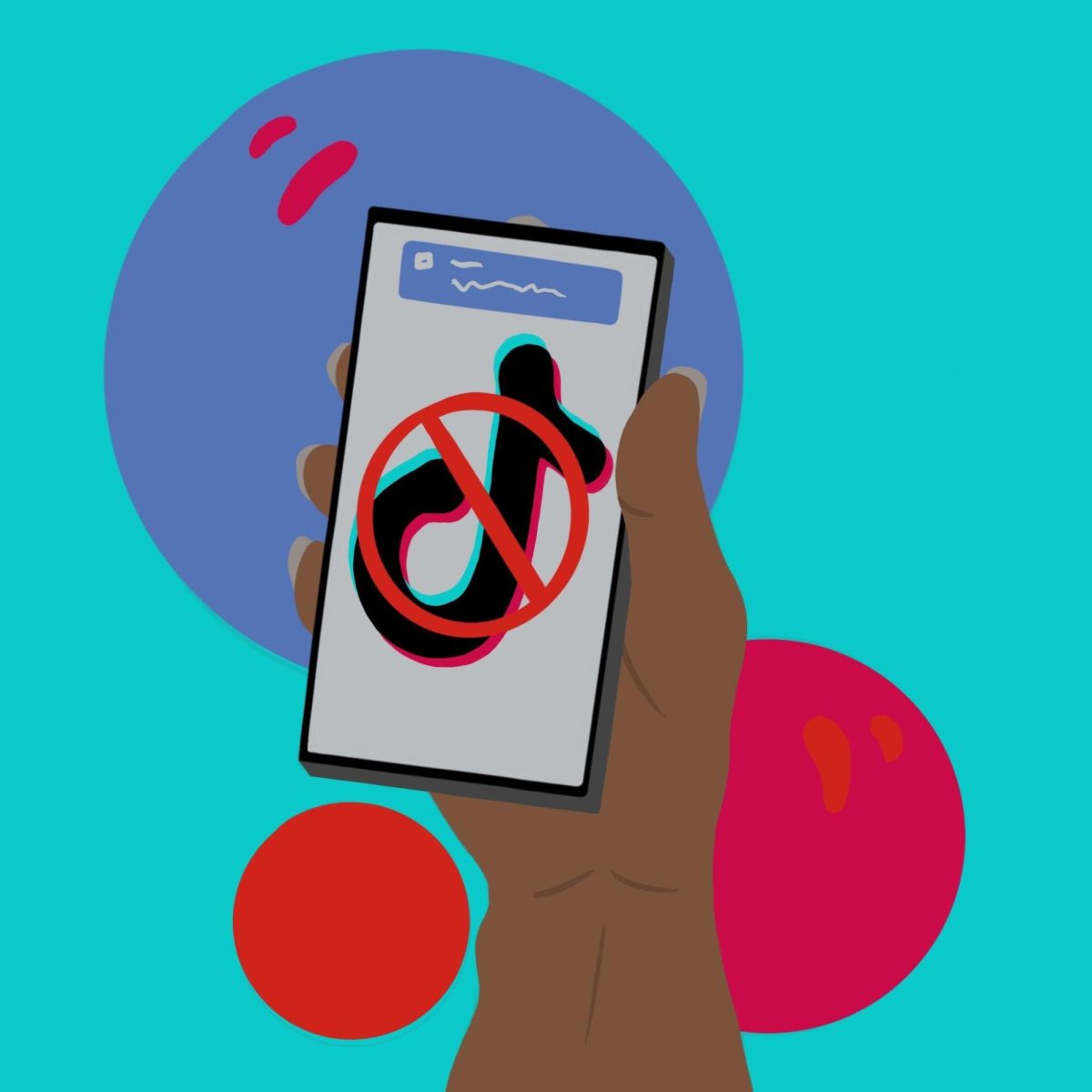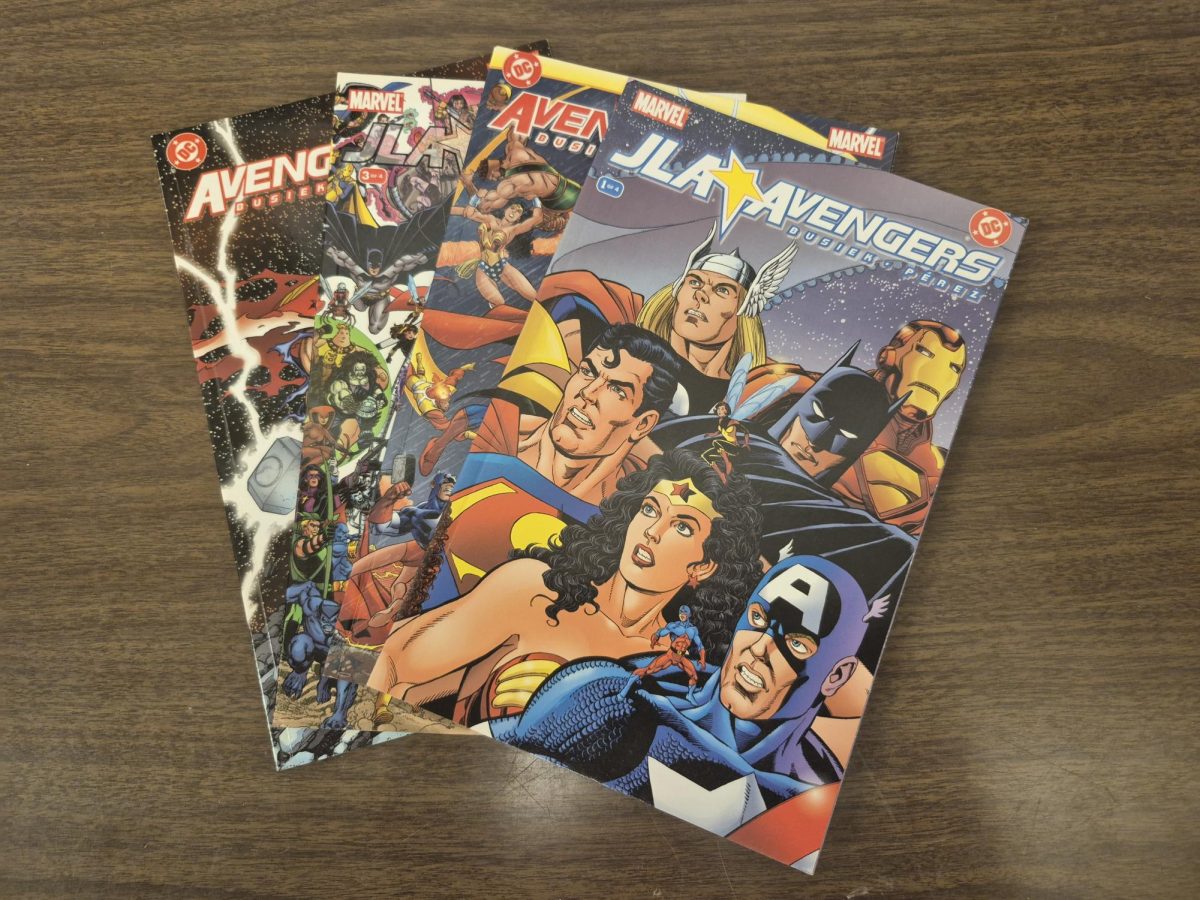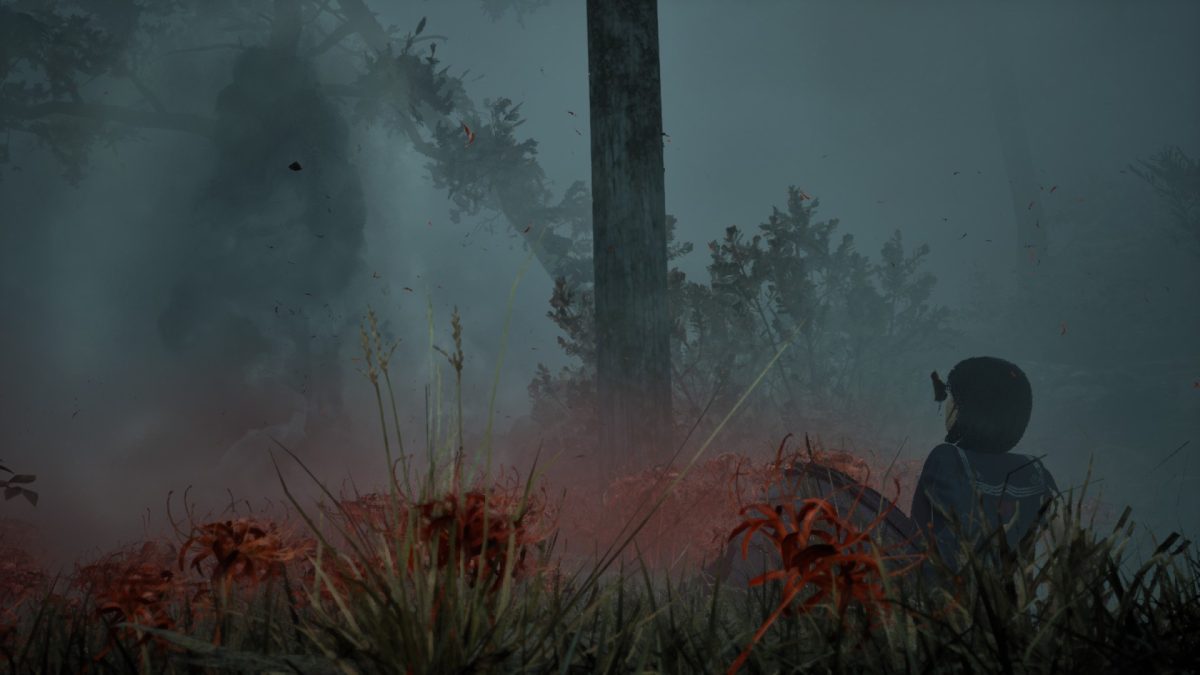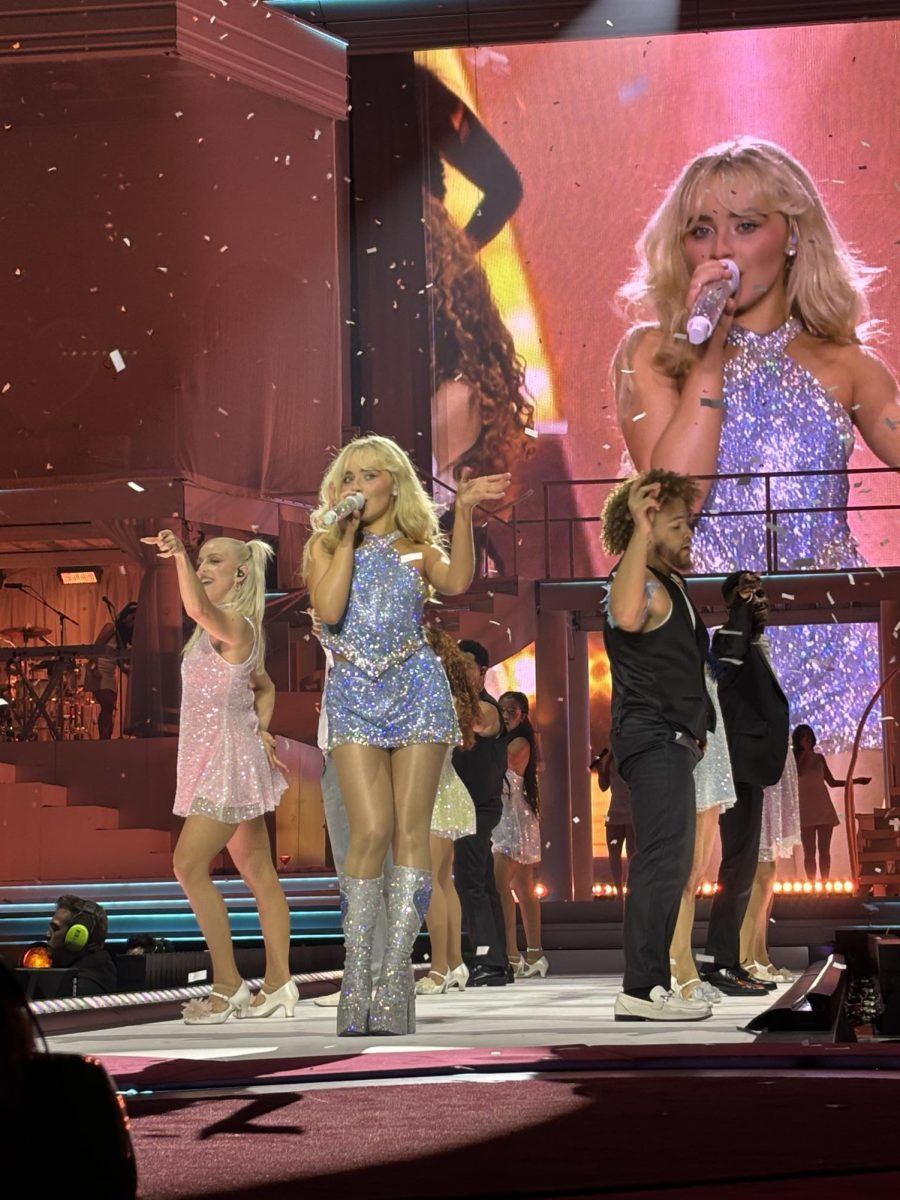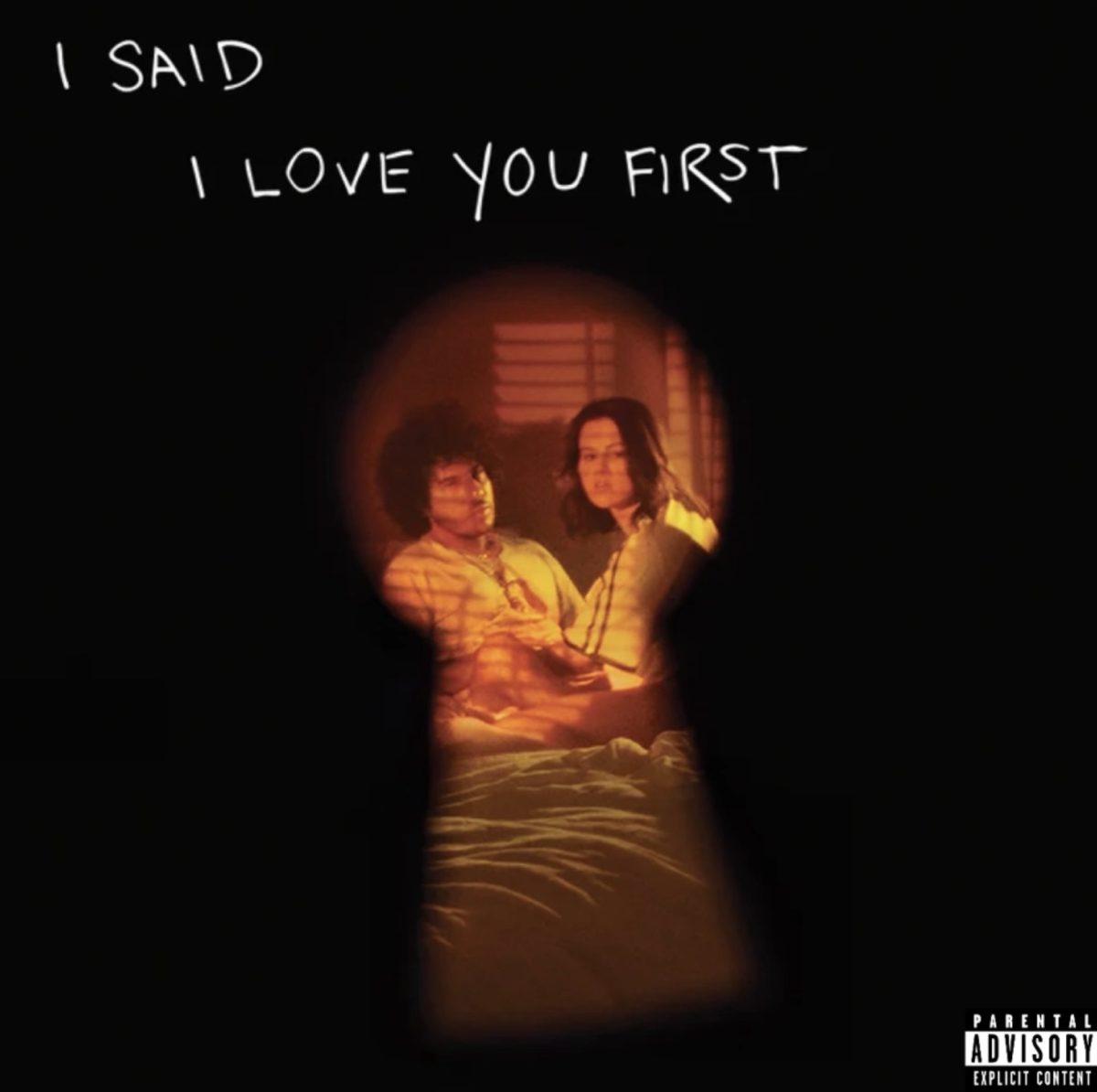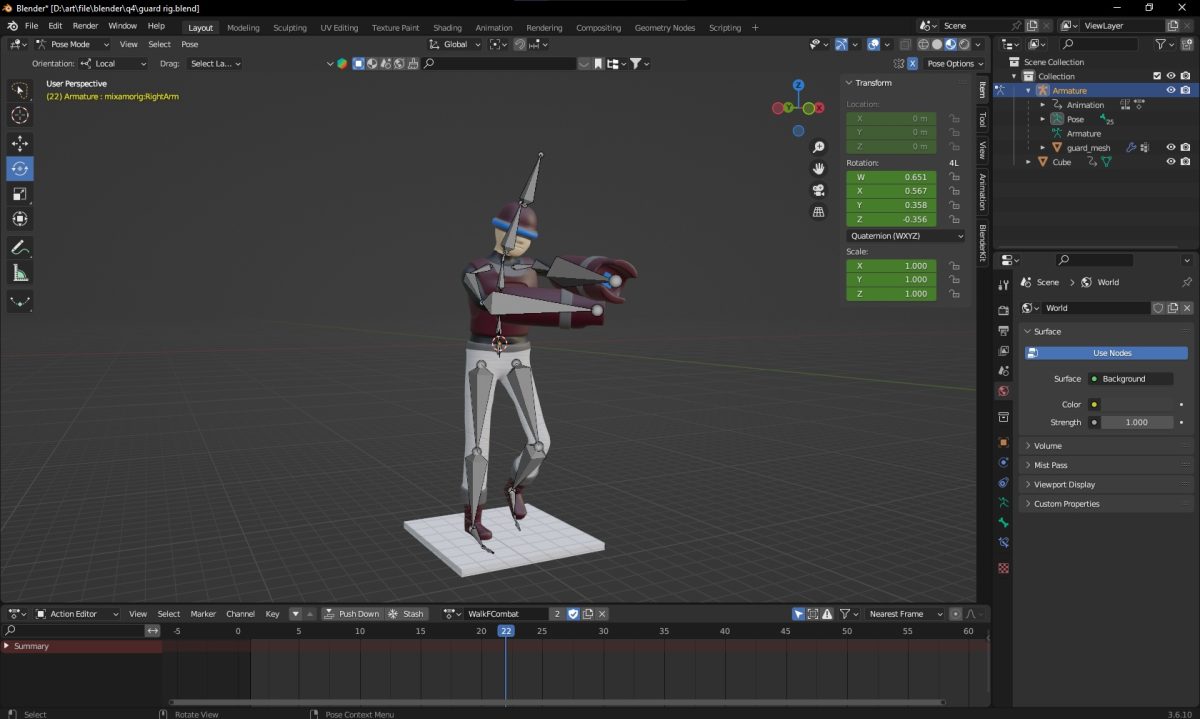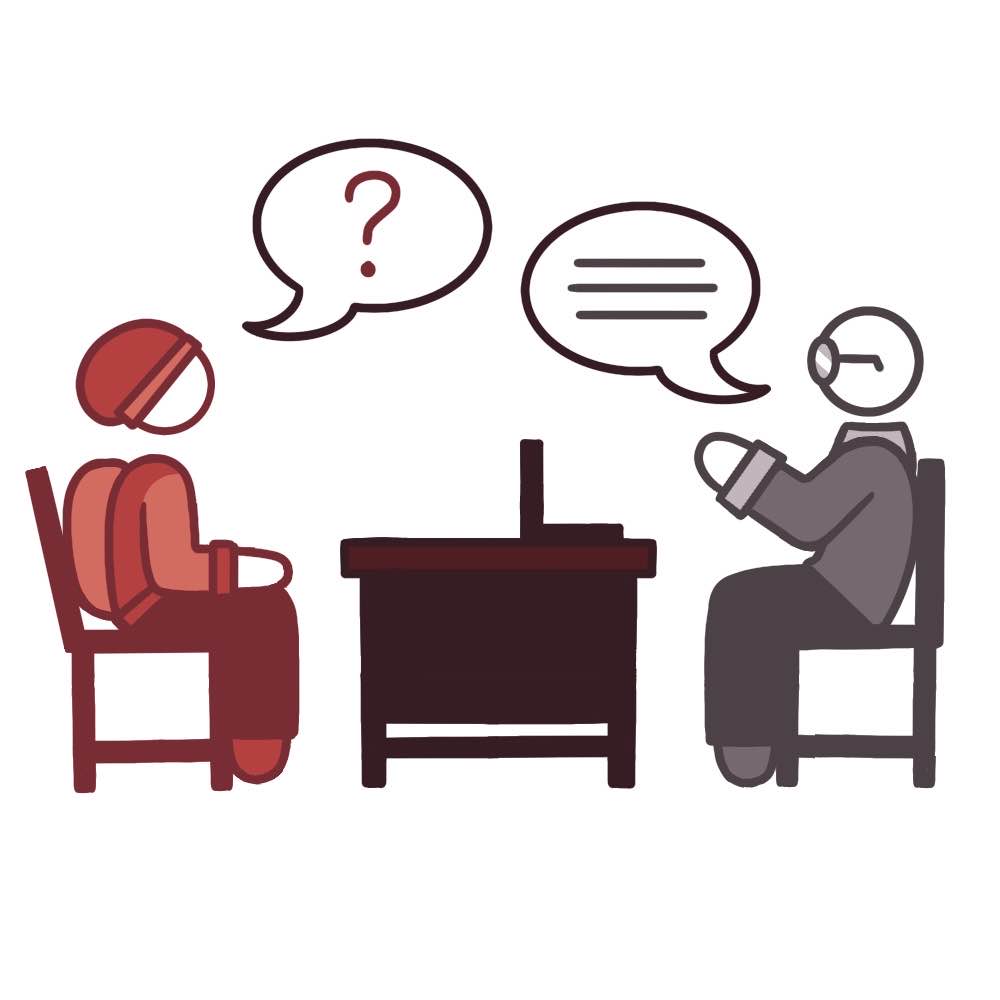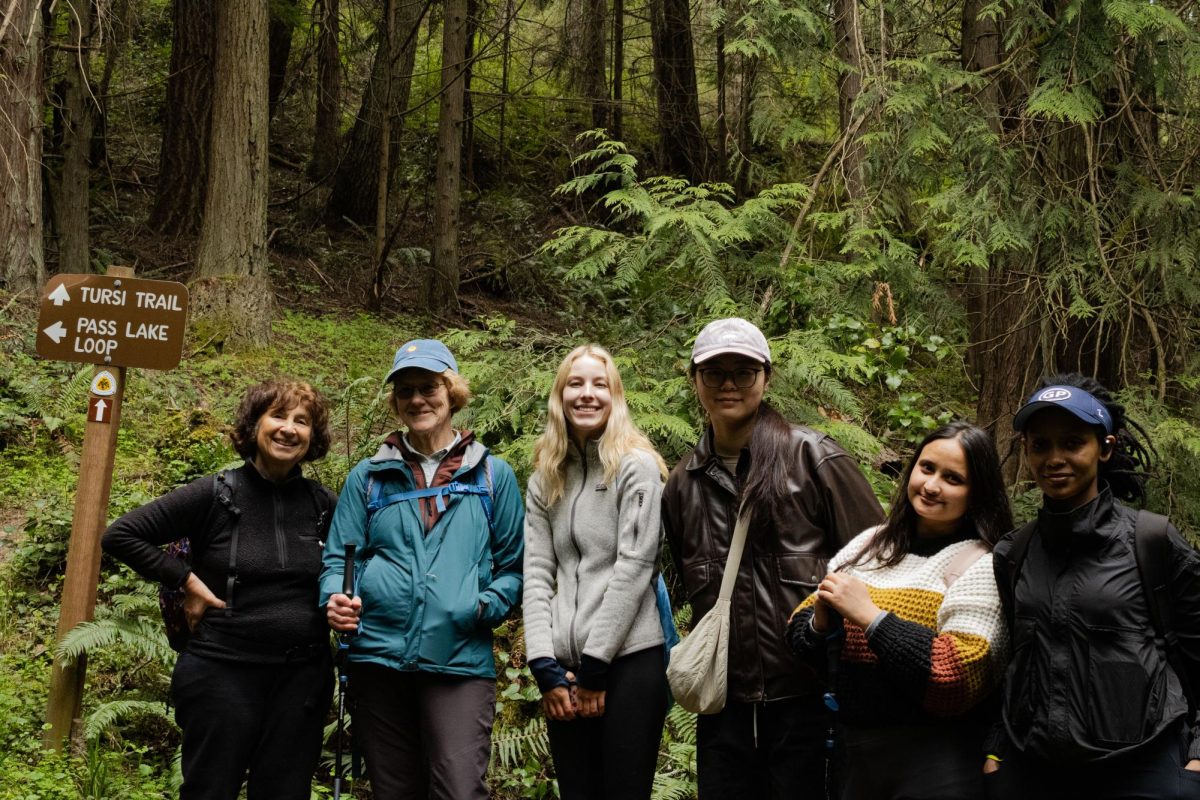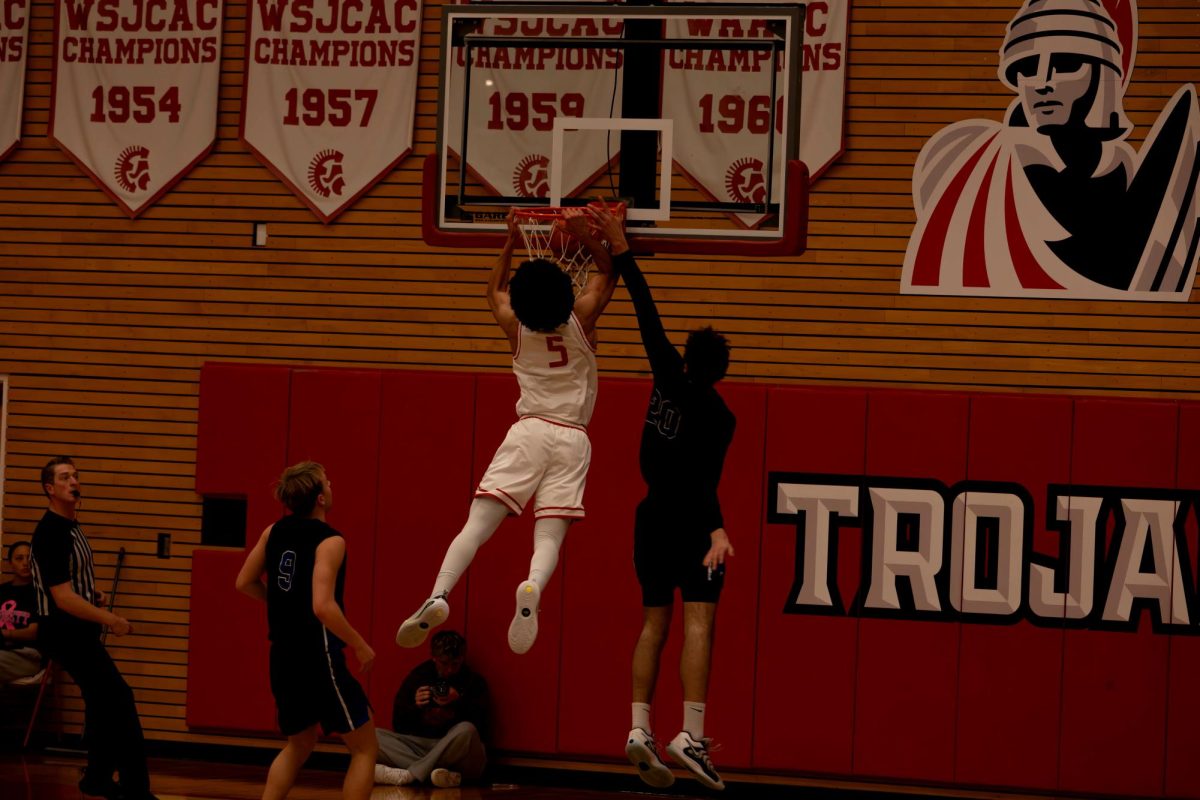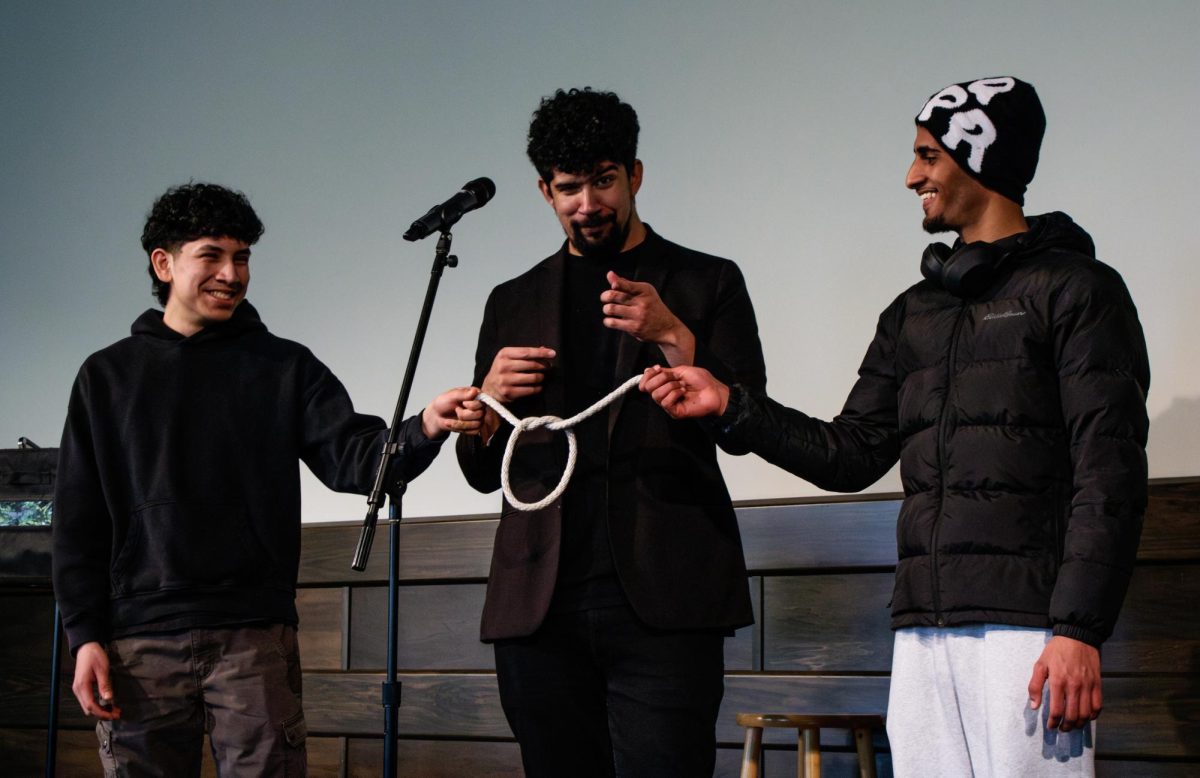It’s no secret that Americans love bite-sized content delivered in personalized feeds.
Whether it’s cat videos, live protest footage, fashion inspiration, live debates between average joes or a search feature capable of finding anything from ‘what happened in the senate today’ to ‘recent UFO sightings,’ there’s a lot to love about TikTok.
But is the platform a threat to America’s national security?
The U.S. government thinks so.
“TikTok is not merely a social media platform, it is the leading news source for the next generation, and the fact that we’re putting the leading news source for the most impressionable minds in our society in the hands of our leading foreign adversaries is an act of self-sabotage,” said Rep. Ritchie Torres (D-N.Y.) speaking at the Capitol on March 6.
TikTok, owned by Chinese tech company ByteDance, has been ordered by the federal government to sell all Chinese-owned portions to a U.S. buyer within about 9 months or face a ban from both the Google Play and Apple App stores.
The price for a new buyer could be upwards of $10 billion.
“I think there’s gonna be some protests. Definitely,” said 18-year-old EvCC business major Makaelyn Canell. “I know there’s talk of (China) trying to get all of our personal information on (TikTok)… But I really don’t see good clear evidence to support that.”
On Tuesday, April 23 the Senate passed legislation to ban TikTok, citing national security concerns. The ban was attached to a $95 billion foreign aid package presented by Speaker Mike Johnson and House Republicans. It was signed into law by President Biden the next day.
China is a political adversary of the United States. Proponents of the ban fear China will use, or is currently using, TikTok to spread propaganda and/or collect data from the 170 million U.S. accounts for nefarious purposes.
“TikTok, like the other platforms, (offers) a great deal of good entertainment, however the product as it is currently structured allows for the Chinese Government to use the platform for their own goals and interests,” said EvCC Information Security tenured faculty member Dennis Skarr.
“Having an app on millions of phones opens up a world of possibilities to gather information, manipulate the users or deny the use of their phones if the Chinese Government wishes to do so,” Skarr said.
In an interview posted on April 17 by TikTok creator @lisaremillard, also known as ‘The News Girl,’ TikTok’s CEO of Public Policy, Michael Beckerman, said the company strictly regulates what happens to U.S. user data.
“Protected data stays here in the United States and is controlled by the American teams, part of USDS, and I think a lot of these scare tactics to try to push forward a ban, and that’s what this legislation is, is unfortunate… we have already put things in place to address that,” Beckerman said.
USDS stands for United States Data Security, a private entity created by TikTok as part of a 2022 effort to, according to a blog post from the platform, “bring heightened focus and governance to our ongoing efforts to strengthen our data protection policies and protocols, further protect our users, and build confidence in our systems and controls in the United States.”
The creation of the USDS was an integral part of TikTok’s 2022 Project Texas, a plan intended to address national security concerns in the United States. It is unclear precisely which portions of the Project Texas plan have been integrated, but as of May 10, one of the most important steps – the deletion of all U.S. user data stored in centers outside of the U.S. – had yet to occur.
Still, Beckerman is adamant that TikTok is doing due diligence.
“I think a lot of people are getting misinformation about the company and not getting the full story, ‘cause the full story is, if there are questions and concerns that people have about tech companies broadly, like data security, like transparency around the algorithm, how the code works, we’ve already addressed these,” he said. “And we’re willing to do more and continue to address it, and we think every company should.”
EvCC radiology major Veronica Zachary said that as of right now, TikTok is her favorite social media platform.
“I think it’s fast. It keeps my interest. It’s fast-form social media,” she said. “I think a big thing about TikTok for me is that it’s constantly moving. So, like, Facebook and Instagram, they’ve been around for so long that I feel like they’re starting to take things from what TikTok brought.”
Both Zachary and Canell said they believe TikTok reaches a wider audience than other social media platforms.
“Everyone’s able to be super expressive. It’s more video-centered than pictures. It’s a great way to get the word out there if you wanna advocate for something,” Canell said.
“I think it just shows people who are maybe in an area where something’s happening… people can see it very fast if it starts trending,” Zachary said. “And I think that’s a big thing where [the U.S. government doesn’t] like to not be able to control the narrative.”
Eight TikTok influencers filed a petition to sue the federal government for the TikTok ban on Tuesday, May 14, citing First Amendment violations. They said TikTok has become an integral communication medium and the ban would prevent them from creating content and viewing content produced by the creators of their choice.
TikTok filed its own petition citing the same violation on Tuesday, May 7.
According to Skarr, there are less risky platforms available for sharing content and engaging in self-expression.
“There have been many platforms of the last 20 years that provide the exact same platform for sharing ideas and speech. Every tech user can choose what platform to use, and can also use their voice to switch platforms and… to demonstrate that social media companies that do not value their privacy or boundaries will not benefit from the data they provide these companies,” he said.
If or when TikTok is banned, it will immediately drop from U.S. app stores, but not from users’ phone screens. No new updates or bug fixes will be installed, so while the app will still be available for those who have already downloaded it, eventually it will be unusable. It’s likely any mass reaction to the ban from average users won’t be a topic of public conversation until then.
“I feel like people are gonna be like, ‘you’re taking something away from me.’ Whether it’s our freedom or whatever it may be. I do think there’s gonna be people that react (strongly to the ban),” Zachary said. “Personally, myself, I don’t think I’ll have a crazy reaction. I’ll just go on a different form of social media.”
Skarr said he advises everyone to consider their tech use more carefully, and not only in regard to TikTok.
“In my opinion, more users of technology need to become aware of what is being done with our privacy and the real risks and impact of our personal technology.”
If a U.S. company does not purchase TikTok within the allotted time frame, or if TikTok refuses to sell, Americans may need to find a new platform whether they want to or not.

